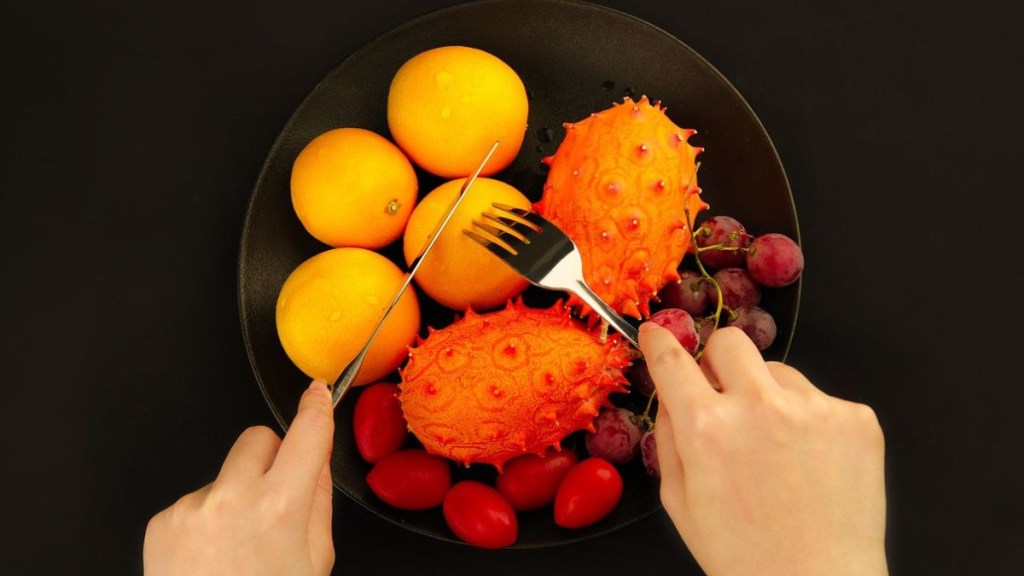Appearances deceive. Not all things that are high in sugar are bad for your glucose levels. Conversely, being low on sugar doesn’t mean the food item is healthy for your metabolic health. The nutrition profile of the food can make a huge difference in how the sugar is released in the body. This is the reason even high-sugar fruits fare better in comparison to low-sugar processed items. A new study has shed light on this phenomenon.
If the choice is between a high-sugar fruit and a low-sugar snack for diabetes, science says it’s the former that will win the race and that is because of the presence of a wholesome nutrient range in the fruit.
A new study published in the journal Foods suggests that snacking on mango is a more diabetes-friendly choice compared to munching on a low-sugar granola bar. The study gives a valuable insight into how the body breaks down sugar and releases it in the body. In the absence of fibre and other nutrients, the sugar spikes can be greater.
Why low-sugar isn’t always diabetes-friendly
Despite being higher in sugar compared to low-sugar granola bars, consuming mangoes can work better for the blood sugar levels due to the fruit being high in natural fibre, vitamins, and nutrients, while no such nutritional advantage exists for the low-sugar snack bar.
In the study conduced by Florida State University and funded by the National Mango Board, participants in the age group of 50-70 years were given the two aforementioned snacks and the results were no less than eye opening.
The participants were divided into two groups. While one was given a fresh mango every day (with 32 gm of sugar), the other received a low-sugar granola bar with 11 gm of sugar, much lower than the sugar content in the mango. The 24-week trial brought out interesting insights as the blood sugar levels of the participants were measured along with insulin sensitivity, and changes in body fat, the risk factors for type 2 diabetes.
It was found that people who were given mangoes as snacks had a considerable improvement in their blood glucose control, enhanced insulin sensitivity, and reduced body fat.
The improvement in all the risk factors meant that the chances of developing type 2 diabetes were less for the people in the mango group.
Why fruits are a better option to indulge sweet tooth
Whole fruits even if they are sweet wouldn’t raise blood sugar levels in the same way as processed foods like cake or bread. According to a Harvard report, this is because they are high in fibre and water, and also rich in
antioxidant polyphenols, vitamins, and minerals, which could slow down release of sugars into our bloodstream.
However, indulging in fruits in moderation is advised as over-eating them can reverse metabolic health benefits. More studies in the past have supported consumption of fruits for people with diabetes. A study published in the Journal Nutrition Reviews found that people with diabetes who consumed more fruit were less likely to die from cardiovascular disease and all other causes.
All fruits with fibre, minimally processed, and are rich in nutrients can be consumed by people with diabetes, according to Harvard Health.

